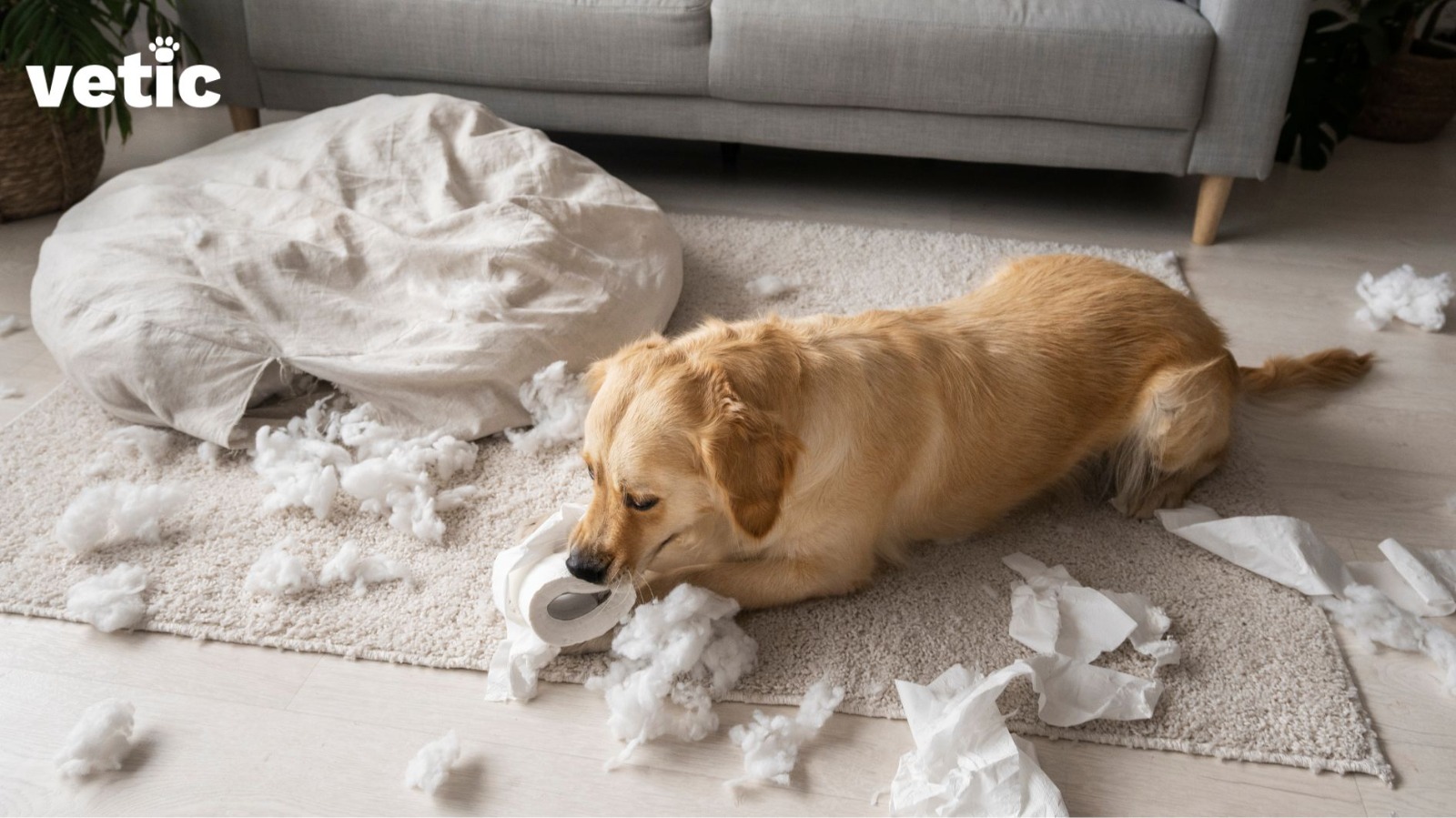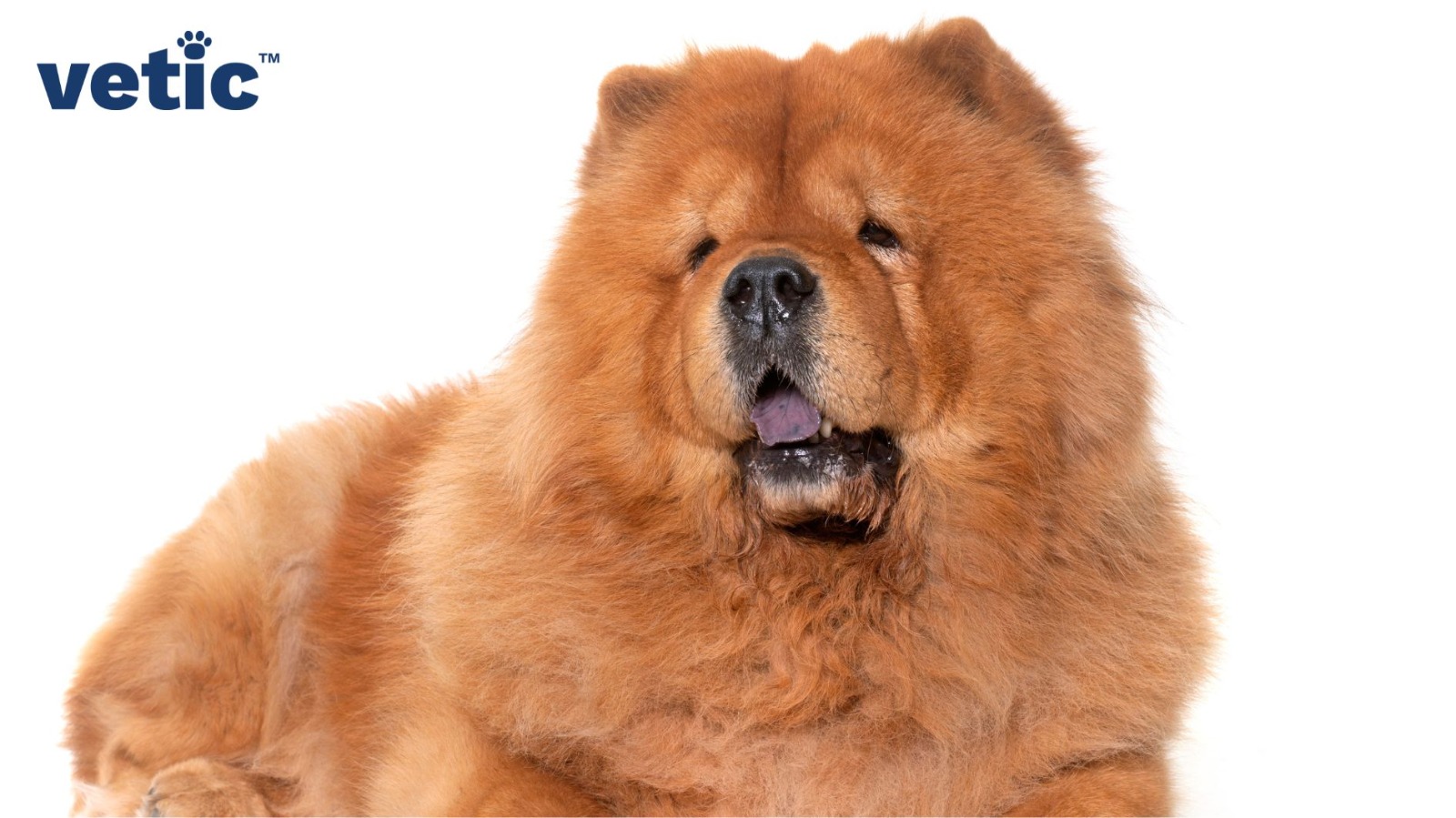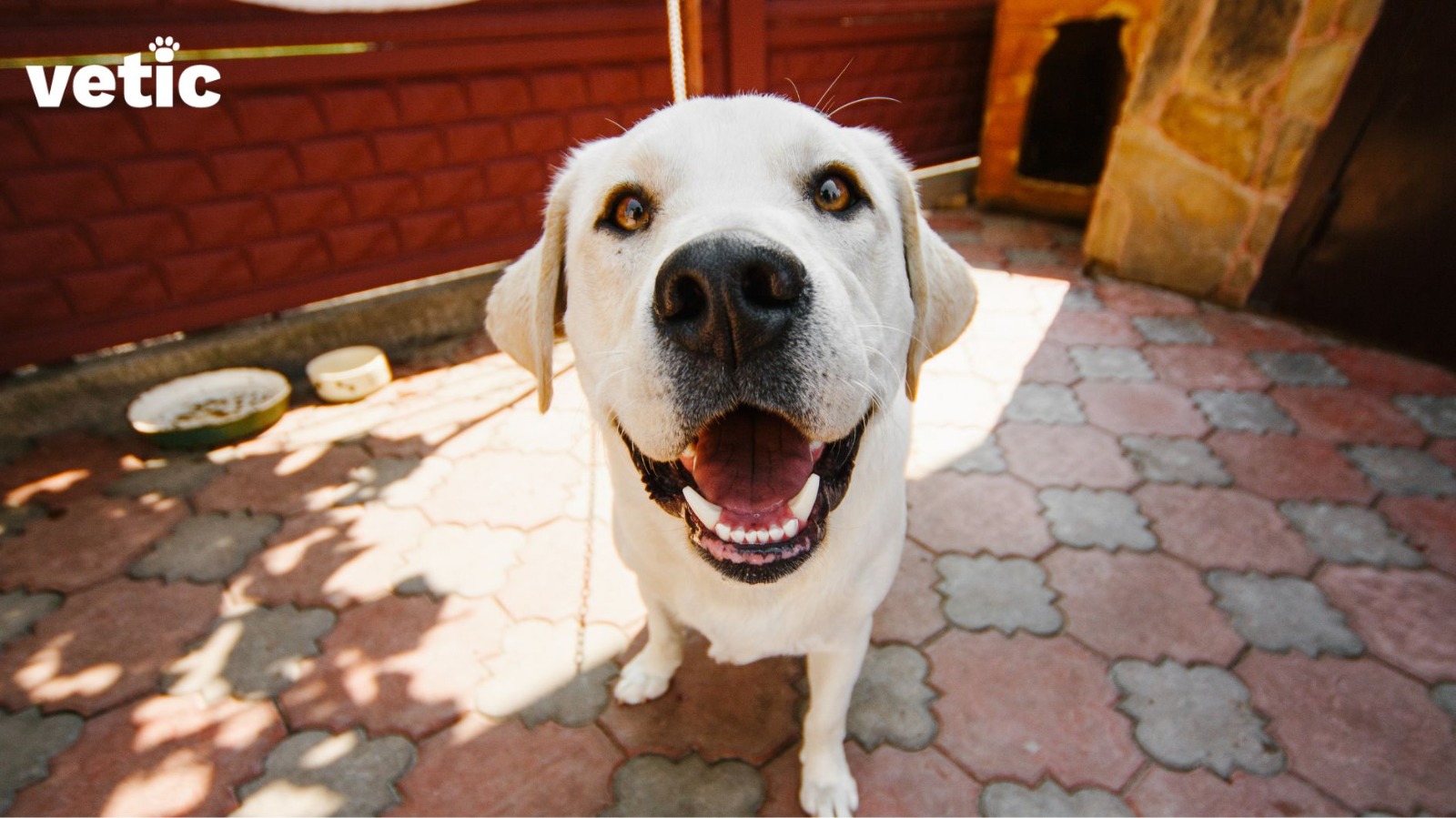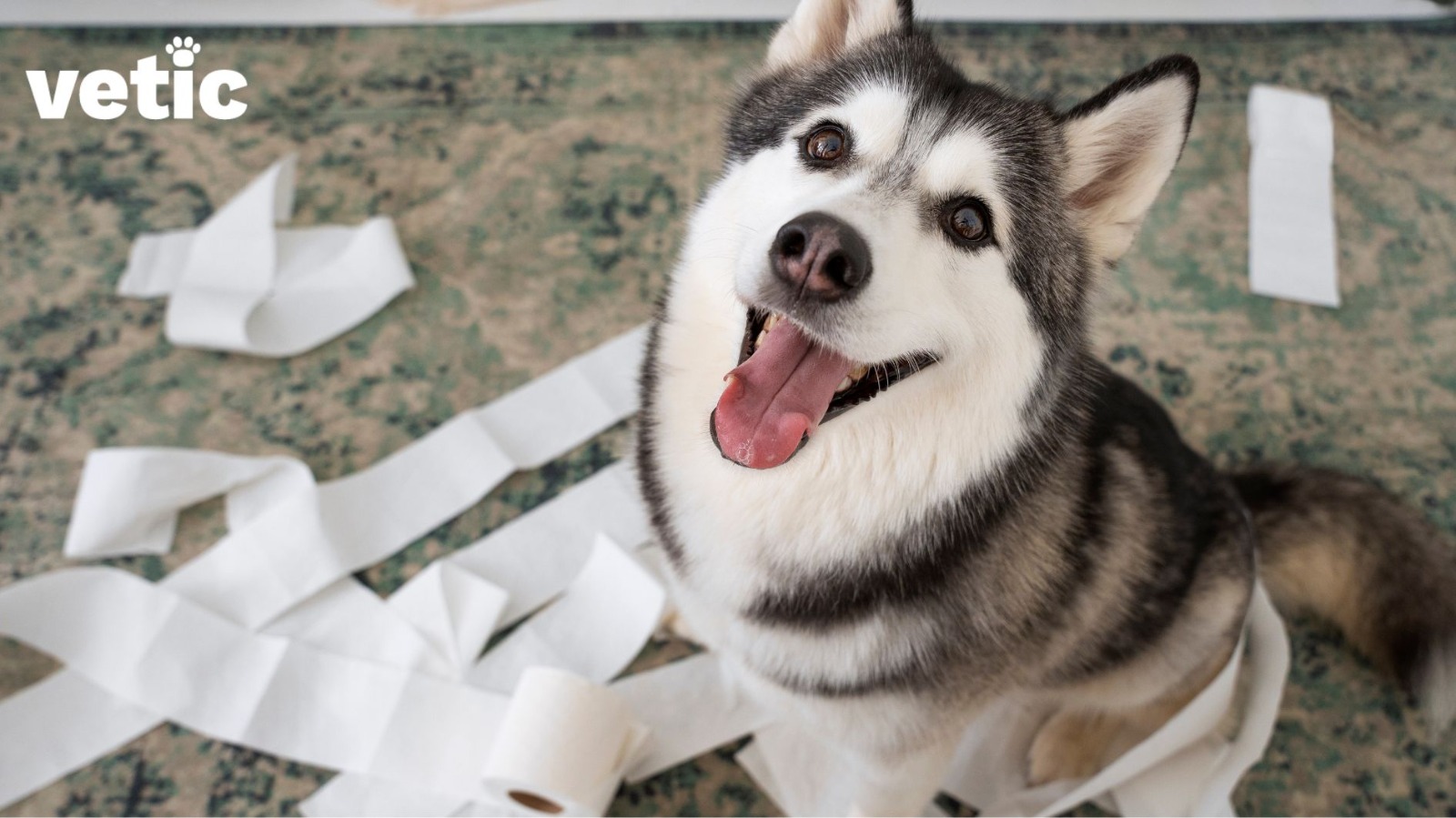Juggling a job and personal life is tough enough. When you add a four-legged friend into the mix things often become chaotic beyond measure. If the very thought of leaving your dog alone at home gives you separation anxiety, this is the right article for you!
Keep reading to find out how to manage your job and dog successfully.
The Challenges of Leaving Your Dog Alone

- The first obvious challenge is leaving your dog alone at home while you go to work from 9 to 5 (at least).
- Your dog will be free to roam the house and wreak havoc whenever they desire.
- Your pet can fall sick while you are at work.
- They may chew or eat something toxic. Or, get a foreign object lodged in their stomach or intestines.
- Your dog may even get hurt while doing dog things, such as jumping off the couch, climbing stairs or simply climbing under the furniture.
Leaving Your Dog Alone At Home: The Solutions
Here are a few tips and tricks for working dog owners to ensure their pooch remains happy and healthy staying alone for long hours.
Pick The Right Breed Of Dog
If you want to leave your dog home while you are away for 8+ hours, you need to pick a breed that’s less prone to separation anxiety.
Choosing a dog with a low energy level and less necessity for a workout is also a good decision.
For example, if you live in an apartment and need to leave for work 5 days a week for 8+ hours you should NEVER pick a working breed like shepherds or hounds (including beagles).
Go with calmer breeds like the Chow Chow, Chihuahua, French Bulldog or Lhasa Apso.

At the same time, train them since their puppyhood by leaving them alone for at least 10 minutes every day.
Do not leave puppies younger than 7-8 months alone for longer than 20 minutes!
Give Them The Right Training to Prevent Separation Anxiety
As our patrons say they have always begun separation training when their dogs were really young. Once your dog is old enough, try leaving them alone for 20 mins. Increase the duration gradually as your dog grows older.
Introduce them to crates when they are new in your household. Make a positive association between your pooch and their crate to rule out separation anxiety in dogs.
They should not see the crate as a punishment or confinement. Put their favourite toy and blanket inside the crate, and encourage them to enter the crate on their own.
Drape a blanket or bed sheet on the crate to create a cosy nook.
Make it a habit for them to enter and stay inside the crate every time they come back from a walk. It should make it much easier for you to leave your dog alone for longer periods.
Remember – a tired dog is always a happy dog
They should expend a large part of their energy while walking, running or playing before you leave for work. Once they are tired, they will go to their crate and you can expect them to remain asleep for the larger part of the 8 hours you are at work.
Get At Least One Camera To Monitor Your Pet’s Activities
Not knowing how and what your pet is doing can drive you nuts, especially since they can indeed fall sick or hurt themselves.
It’s a good idea to invest in one or more cameras that you can monitor remotely. Some pet parents prefer cameras that also have a separate remote speaker feature.

Studies have shown, most pets will stop destructive behaviour once they hear their owner’s voice commanding them from the speaker. It is indeed a doodad worth purchasing and installing.
You can see what they do when you leave them alone right on your phone or laptop. If you see anything out of the ordinary you can always return home and take care of the problem.
Keep the contact details of the best emergency and critical care vet clinic near you handy.
Keep Everything “Interesting” Under Lock And Key
You will need to puppy-proof your home when you get a new four-legged member. As they grow you will need to move things around so they cannot reach toxic things such as coffee, chocolate and plants.
Some breeds such as the Dachshund and French bulldog are small, but they can go to great lengths to get on the dining table or kitchen counter for forbidden treats.
So you need to keep things your dog finds attractive inside locked cupboards. This may include anything between sandals and chocolates. Keep your plants on the balcony or hand them from your windows.
Keep laundry baskets and garbage bins locked inside the bathroom and the fresh laundry inside your wardrobe. Since socks and underwear are definitely extremely attractive for some dogs. And with bad luck, these get lodged in the dog’s intestines.
Follow a proper puppy-proofing and dog-proofing guide to make your home a safe haven for your dog while you are away.
Rearrange Your Home To Make It Safe While Your Dog Is Alone
Even after puppy-proofing or dog-proofing your home, you might find your dog trying to leap off couches, tables and beds. It’s especially risky if you have a small breed dog.

Think about arranging your furniture that gives them easy access to their comfort zone without the risk of falling off.
Well you may have trained your dog to stay off your bed and couch, but we all know what happens when you leave home! You can totally expect your pup to be a little naughty and curious.
Some dog owners install tiny dog stairs for their fur babies to access their beds.
Remove any breakable items from their reach. Rearrange your home as if you have a highly energetic and naughty toddler!
Doggy Daycare Is a Viable Option
If you already have a dog who simply hates staying alone while you are at work, you need to look into pet-sitting services and doggy daycares.
Dog daycare is a viable option for you and your fur baby as long as they are completely vaccinated and protected from ticks and fleas. That way they will have other pups and dogs for company and you don’t need to feel guilty about leaving your dog alone.
While hiring a pet sitter, look for personal contacts, references and recommendations. It is wise to install multiple cameras just to see how your pet sitter is interacting with your pooch.
